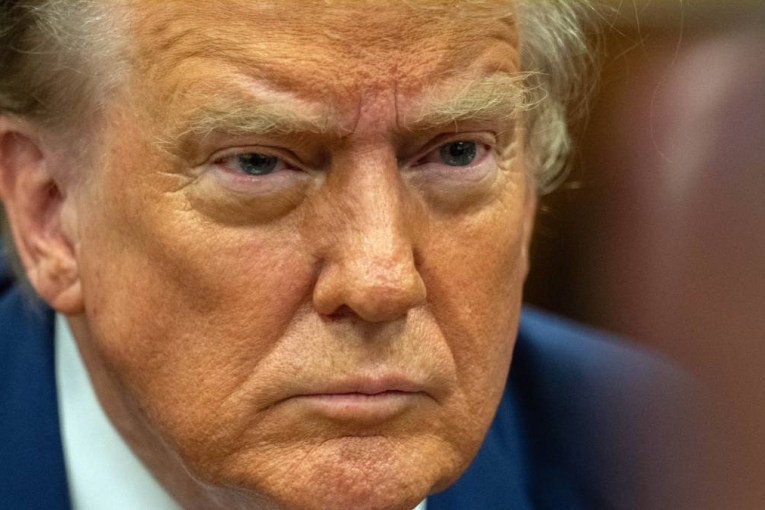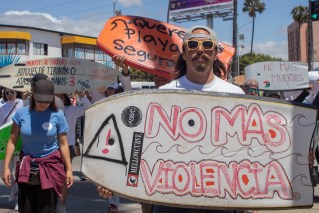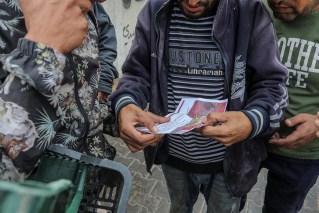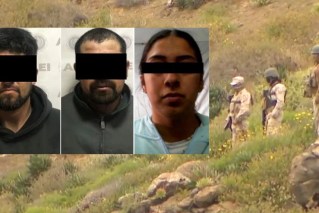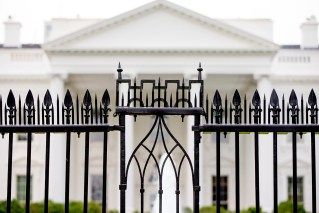The UN ‘wants to decriminalise all drugs’
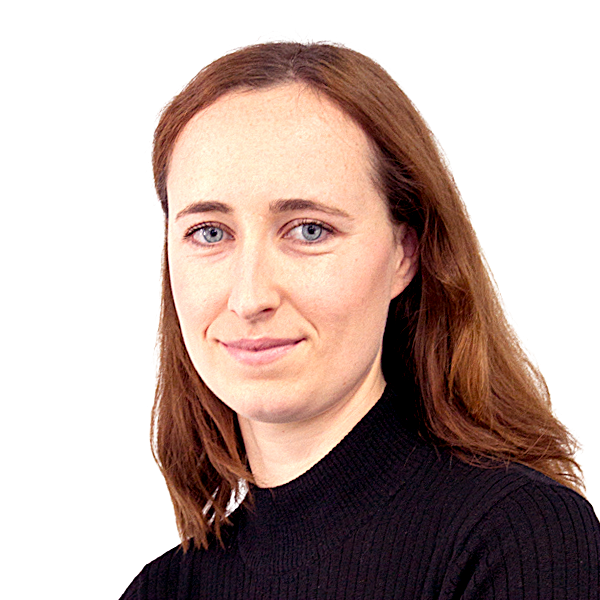
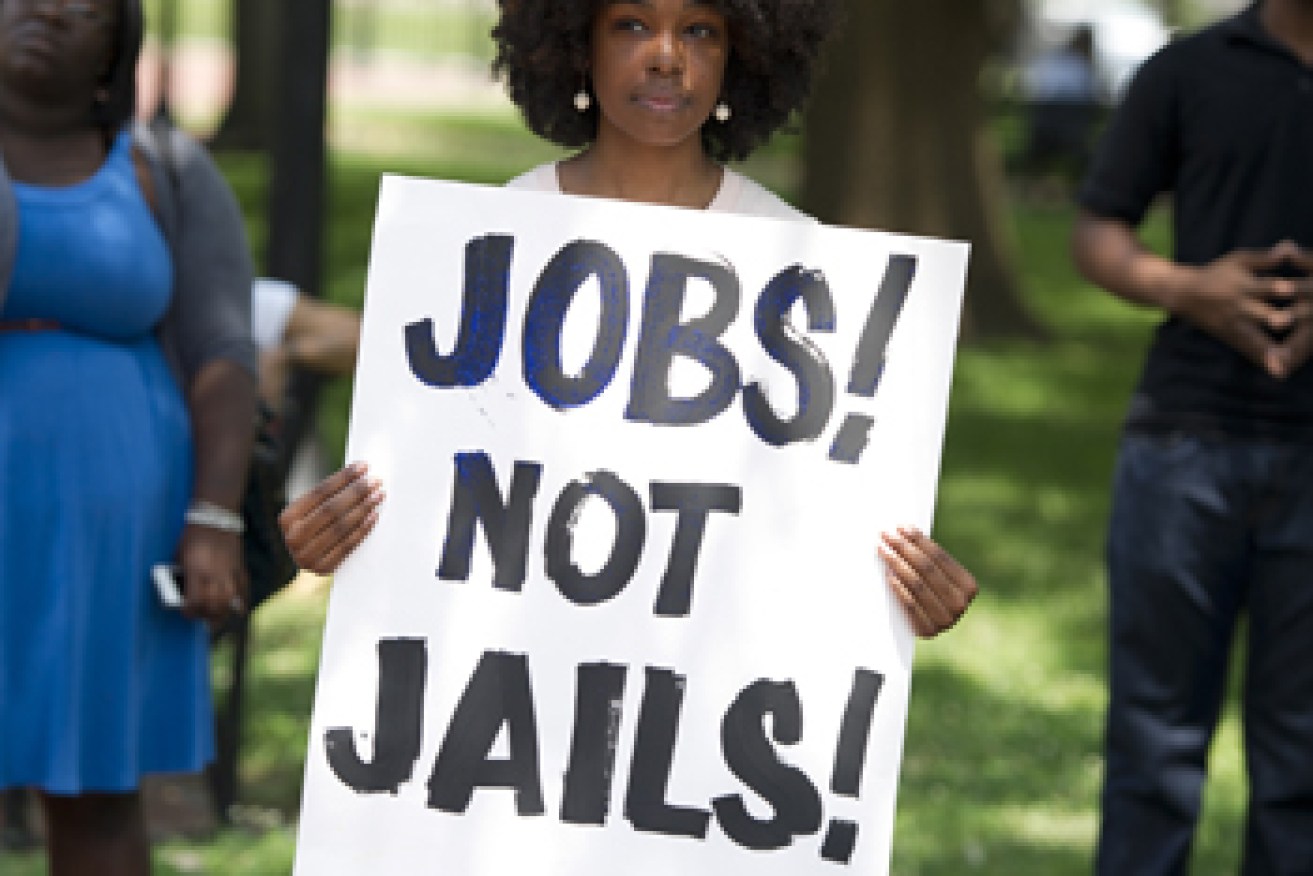
A demonstrator holds a sign protesting America's "War on Drugs" near the White House in America. Photo: Getty
Mega businessman and activist Richard Branson has claimed the United Nations is about to call on all world governments to decriminalise all drugs.
Branson, who was allegedly given access to an embargoed UN statement, wrote on his website that he felt it was important to reveal the details before the UN bowed to government pressure to change its message.
According to Branson, the report by the UN Office on Drugs and Crime was also shown to other media organisations such as the BBC.
• Israelis lynch innocent African
• Turnbull to take on big banks
• Aussie detained in India for tattoo
In it, the UNODC recommends governments do away with laws which punish drug possession in small quantities and for personal use.

A demonstrator holds a sign protesting America’s “War on Drugs” near the White House in America. Photo: Getty
“My colleagues on the Global Commission on Drug Policy and I could not be more delighted, as I have stated in embargoed interviews for the likes of the BBC,” Branson wrote.
“Together with countless other tireless advocates, I’ve for years argued that we should treat drug use as a health issue, not as a crime.”
According to Branson, the report was set for release at the International Harm Reduction conference in Malaysia on Monday, but is still under wraps.
“As I’m writing this I am hearing that at least one government is putting an inordinate amount of pressure on the UNODC,” he wrote.
“Let us hope the UNODC, a global organisation that is part of the UN and supposed to do what is right for the people of the world, does not do a remarkable volte-face at the last possible moment and bow to pressure by not going ahead with this important move.”
In his plea, Branson cited the billions of dollars poured into drug law enforcement that have failed to curb drug addiction.
Branson has praised Portugal’s drug policy in the past, which adopted decriminalisation for possession in 2001.
Since then, Portugal’s drug addiction rate has dropped, while the number of addicts seeking therapy has doubled, according to the Cato Institute.
